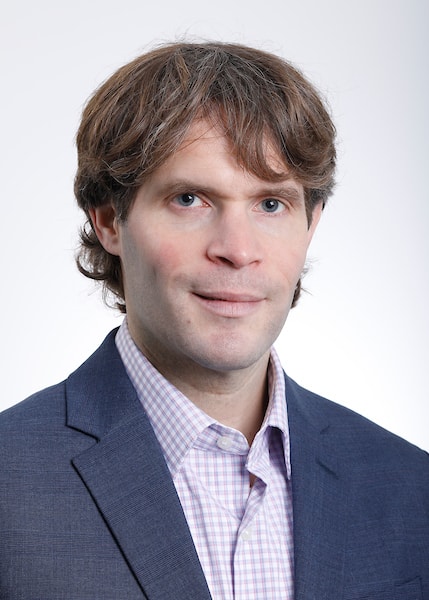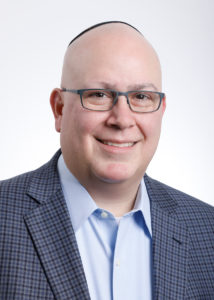The foundation of our American democracy is “We, the People”; an engaged electorate, with robust participation, and elected officials who represent communities. Communities and people from whom power flows.
But democracy is a fragile thing.
In his excellent book “The People vs. Democracy,” Yascha Mounk outlines how this fragility takes many forms: the internet era has “weakened traditional gatekeepers, empowering once-marginal movements and politicians.” A fraying of common ethnic identity within a country can lead to a “rebellion against pluralism.” Mounk writes that a healthy democracy balances the competing imperatives of individual rights and popular rule. One can end up with “illiberal democracy” – a state where popular will outweighs rights but is instituted through elections. At the other end of the spectrum one can have “undemocratic liberalism,” like the European Union. And when democracies fray and lose that balance, we see eruptions of discord and challenge to the very institutions of our societies.
A healthy democracy needs trust in governmental processes, checks and balances, fair and free elections. In other words, our enduring constitutional system.
Over the last several months, JCRC leaders met with experts, activists, and attorneys to ensure that we were fulfilling our mission to protect America’s democratic institutions. During our Council’s public policy process, they took a deep dive into the vitality of our political systems, the strength of our institutions, and the overall functioning of our democracy. Together, they developed a series of principles – rooted in Jewish values – which were approved by our full Council last week and will now guide action over the coming years.
For example, in the last Massachusetts legislative session, JCRC worked with our allies to finally pass Automatic Voter Registration in Massachusetts. However, more is needed. Seemingly every day across the country, there is an innovative ploy to block access to the polls and to water down the vital principles of one-person-one-vote. There are attempts to criminalize voter registration drives, punish people for errors on registration forms, overturn citizen initiatives on access to the polls, and voter restrictions targeting African-Americans with surgical precision.
We tell ourselves that Massachusetts is immune from these anti-democratic principles plaguing our country, but really, we know we have work to do right here in our communities. We have had elections where the winner only receives 22% of the votes, a Mayor was recalled and reelected in the same election, voter registration deadlines were declared unconstitutional (but then that decision overturned), and as we know, gerrymandering was invented here in Massachusetts. “Even” in Massachusetts, democracy is showing signs of weakness.
JCRC’s principles will guide us to support policies that make voting easier and elections more secure and reflective of the people, and to institutionalize norms that lead to a more informed electorate and accountable government. These principles will provide a lens for JCRC action over the coming years as we analyze legislation with our partners. We have already jumped into the fray in support of Election Day registration, where Massachusetts would join 15 other states and Washington D.C., to improve turnout and transparency, and to modernize our voting systems.
The fraying of democratic norms in America didn’t start this year or five years ago. It’s been happening over decades. Our collective commitment – as Jews and as Americans – to the health of our democracy isn’t new either. We’ve invested in, and benefited from American democracy for generations. But as the conversation about the health of our democracy has been heightened and sharpened in recent years, we feel compelled to clarify what we stand for and what we, as a community will fight to protect.
Challenging times call us to action. JCRC’s Council has heard that call and is responding. We hope that you will stand with us in these efforts.
Shabbat Shalom,
Aaron and Jeremy
 Aaron Agulnek
Aaron AgulnekDirector,
Government Affairs
 Jeremy Burton
Jeremy BurtonExecutive Director




